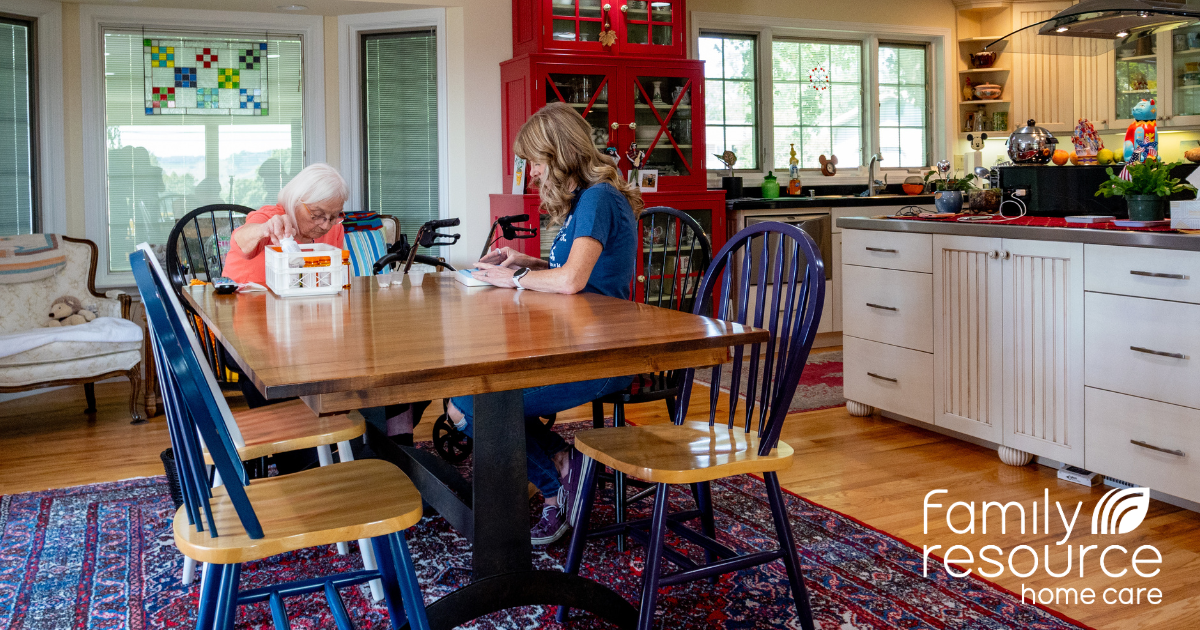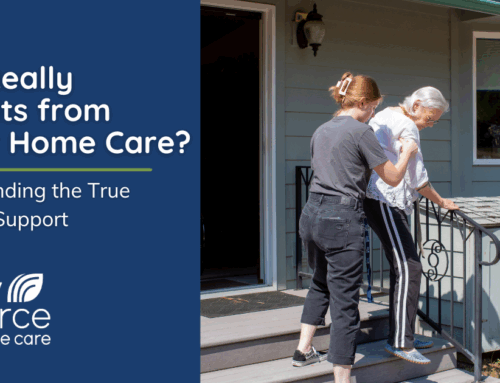Defining Private Duty Home Care: A Non-Medical Support Solution
Private duty home care is a growing segment of the senior care industry that focuses on non-medical support for older adults, individuals with disabilities, or those recovering from illness or surgery. Unlike medical home care, which involves skilled nursing and therapy services, private duty home care provides assistance with daily living tasks. This type of care is sometimes referred to as custodial care, though that term is used less often in modern contexts due to its association with institutional or facility-based settings. Still, understanding the distinction is important for families considering their care options.
Types of In-Home Care: Medical vs. Non-Medical
There are two primary categories of in-home care: skilled medical care and non-medical or private duty home care. Medical home care—also called home health care—is typically delivered by registered nurses, physical therapists, or occupational therapists. Services include wound care, medication management, IV therapy, and post-surgical recovery under physician direction. These services are often covered by Medicare or private health insurance and require a doctor’s referral.
In contrast, private duty home care focuses on helping individuals with Activities of Daily Living (ADLs) such as bathing, dressing, grooming, toileting, mobility, and eating. In addition to ADLs, caregivers also assist with Instrumental Activities of Daily Living (IADLs), which include tasks like light housekeeping, laundry, shopping, errands, meal preparation, and managing appointments or communication devices. These services enable older adults to maintain independence while aging in place, which has been shown to improve quality of life and reduce health risks.
Why “Private Duty”? Understanding the Terminology
The term “private duty home care” refers to how these services are paid for—typically out-of-pocket by the client or through long-term care insurance. Unlike home health care, which is reimbursed by Medicare or private health plans, private duty care does not require a medical prescription and is highly flexible in scope and scheduling. Families appreciate this flexibility because it allows them to tailor care to their unique circumstances, whether they need a few hours of help a week or full-time live-in care.
While the term “non-medical home care” was once widely used, it fails to accurately capture the professional and vital nature of these services. Describing this field simply by what it is not—non-medical—undermines its value. As the industry has matured, “private duty home care” has become the preferred term for agencies that specialize in this type of care.
An Industry with Growing Professionalism
The evolution of the term has allowed private duty home care to gain more recognition as a legitimate and essential part of the continuum of care for aging adults. Organizations like the Home Care Association of America (HCAOA) were formed to advocate for this sector. HCAOA was founded in 2002 to represent private duty providers nationwide. On a regional level, associations such as the Washington Private Duty Association (WAPDA) have helped raise standards and visibility in the field since 2005.
Despite the fact that caregiving has existed informally within families for centuries, professional private duty home care is still a relatively young industry. Its rapid growth has been fueled by the aging population, the increasing desire for aging in place, and the limitations of institutional care settings.
Why Private Duty Home Care Matters
Private duty home care plays a critical role in supporting the independence and well-being of seniors who want to remain in their homes. According to the AARP, nearly 90% of adults over 65 want to stay in their homes as they age (source). For these individuals, private duty caregivers can provide essential assistance without the need to move into a care facility. This not only preserves comfort and dignity but also reduces healthcare costs associated with hospital readmissions and long-term institutionalization.
A Personalized Approach to Aging in Place
Private duty home care represents a compassionate, flexible, and highly personalized alternative to facility-based care. As more families seek customized solutions to help loved ones age at home, understanding the value and role of private duty caregivers is essential. Whether through daily companionship, help with errands, or support with hygiene and meals, these services empower older adults to live safely and comfortably at home. Family Resource Home Care is proud to be consistently growing and currently serves families across more than 40 locations throughout Washington, Oregon, Colorado, and Idaho, making high-quality, private duty home care more accessible than ever.






